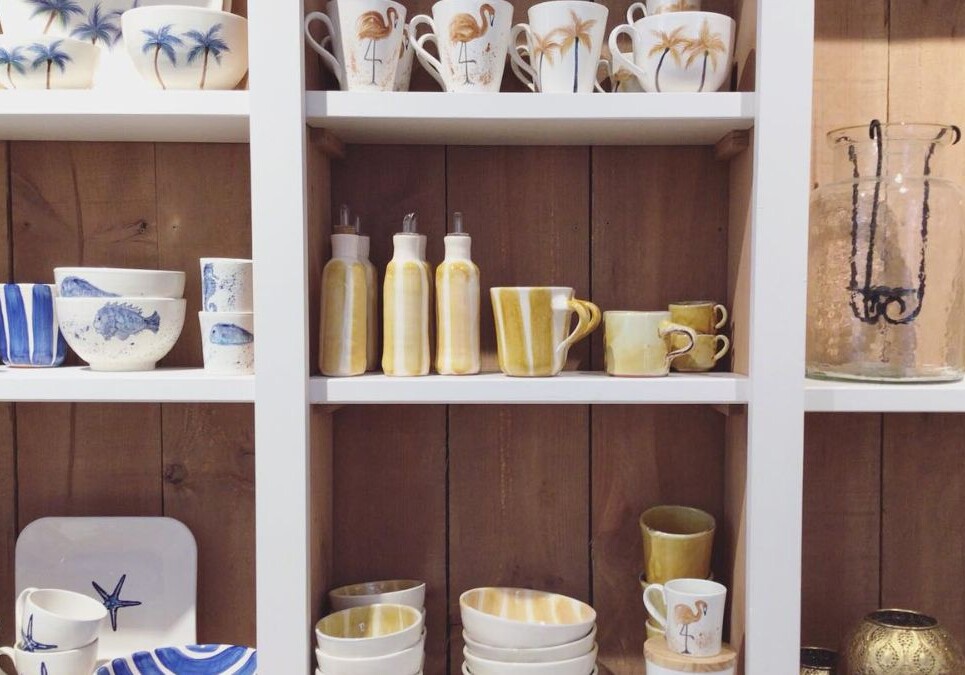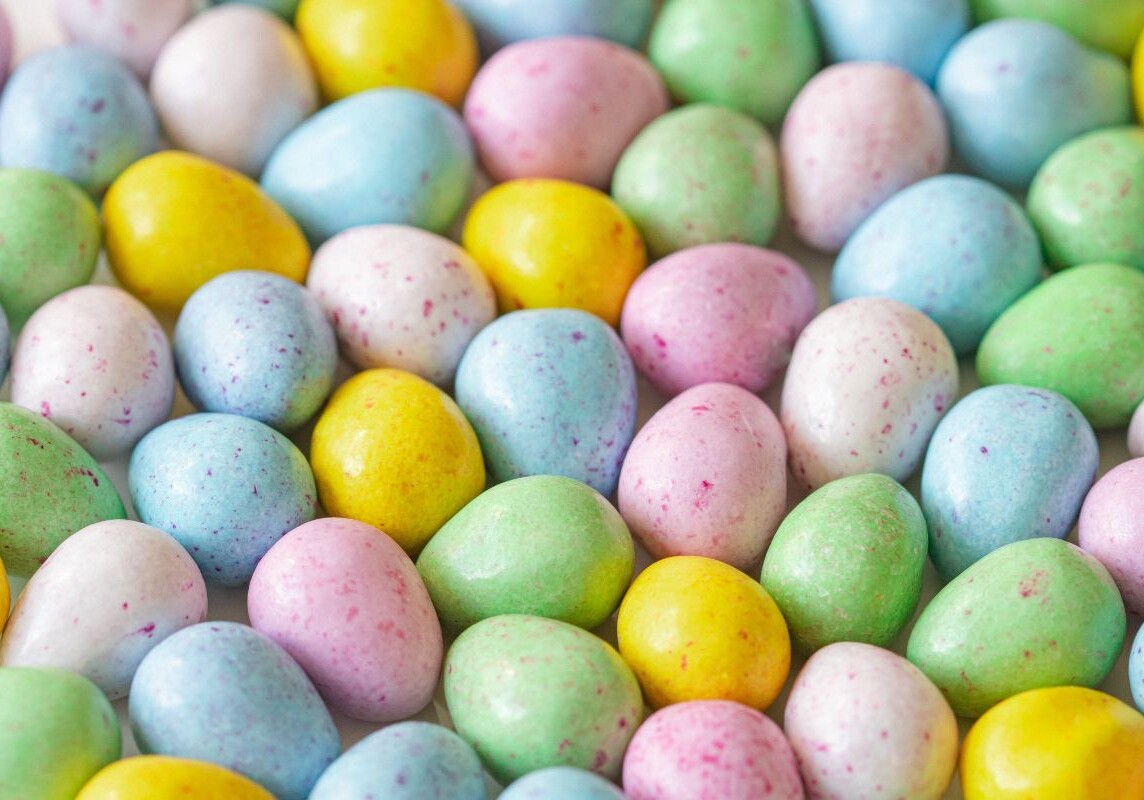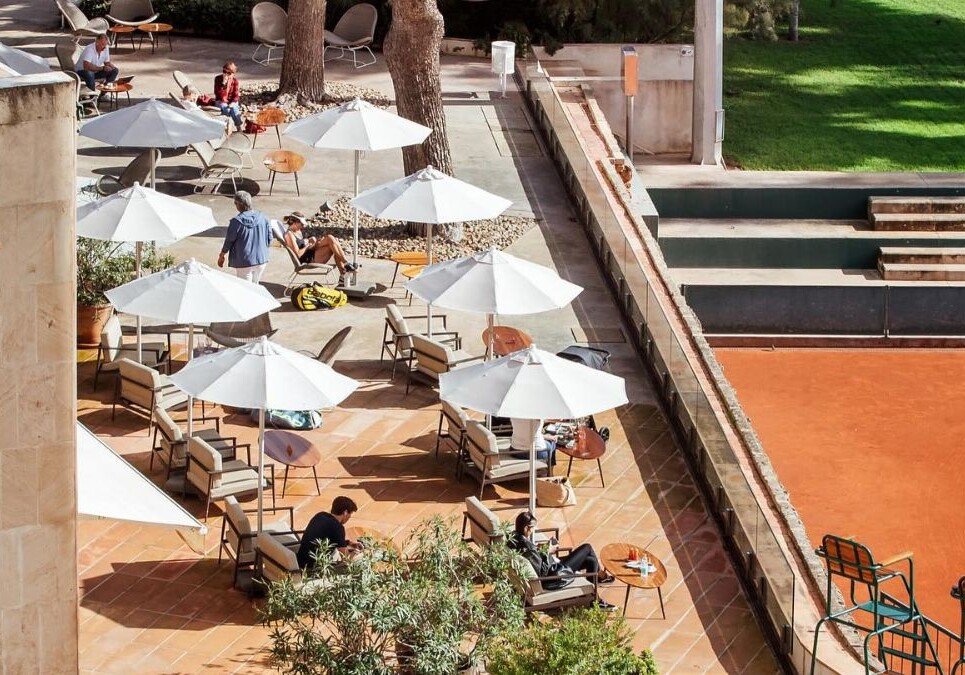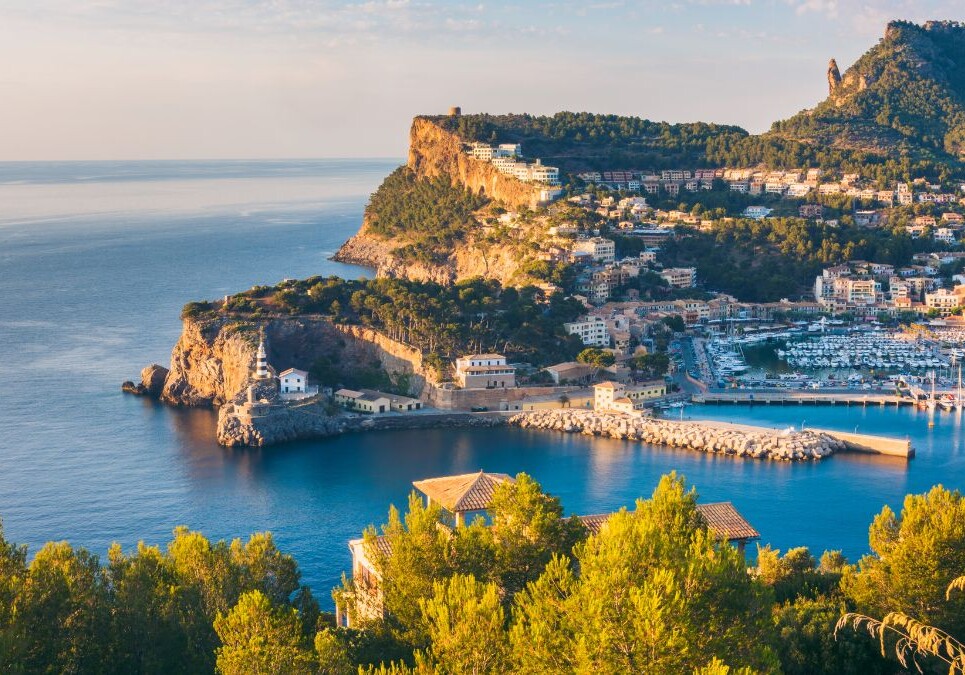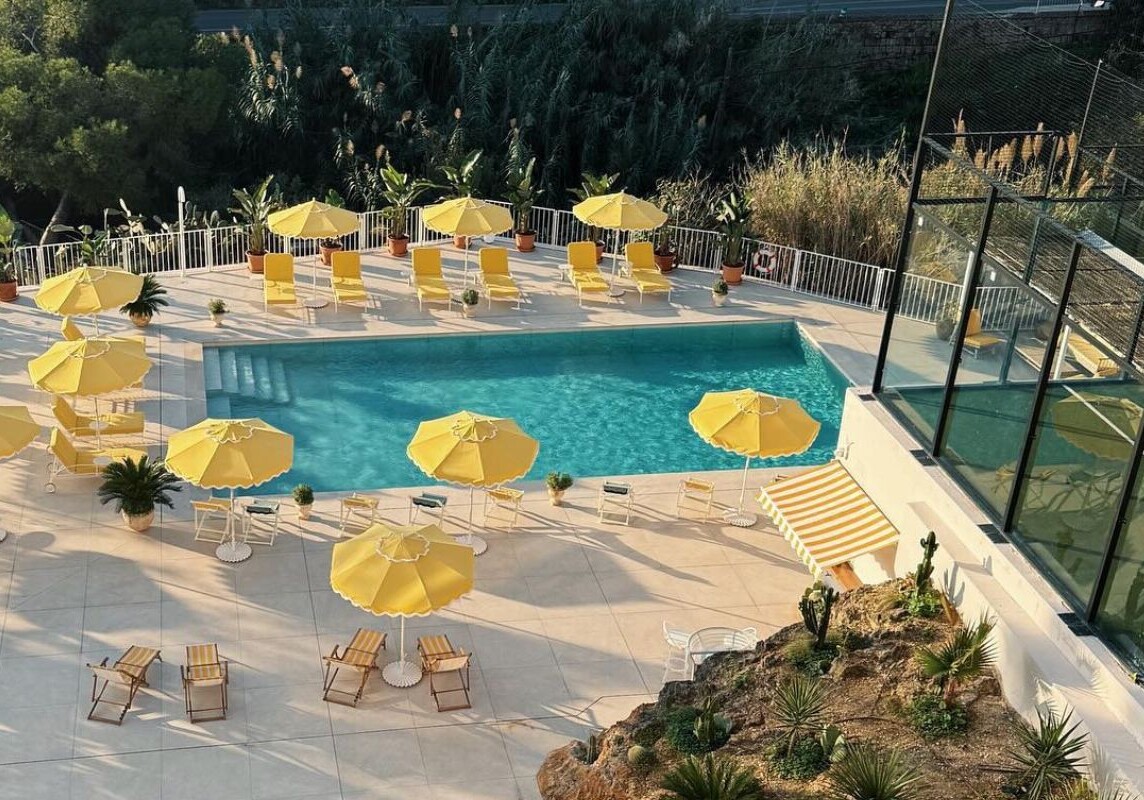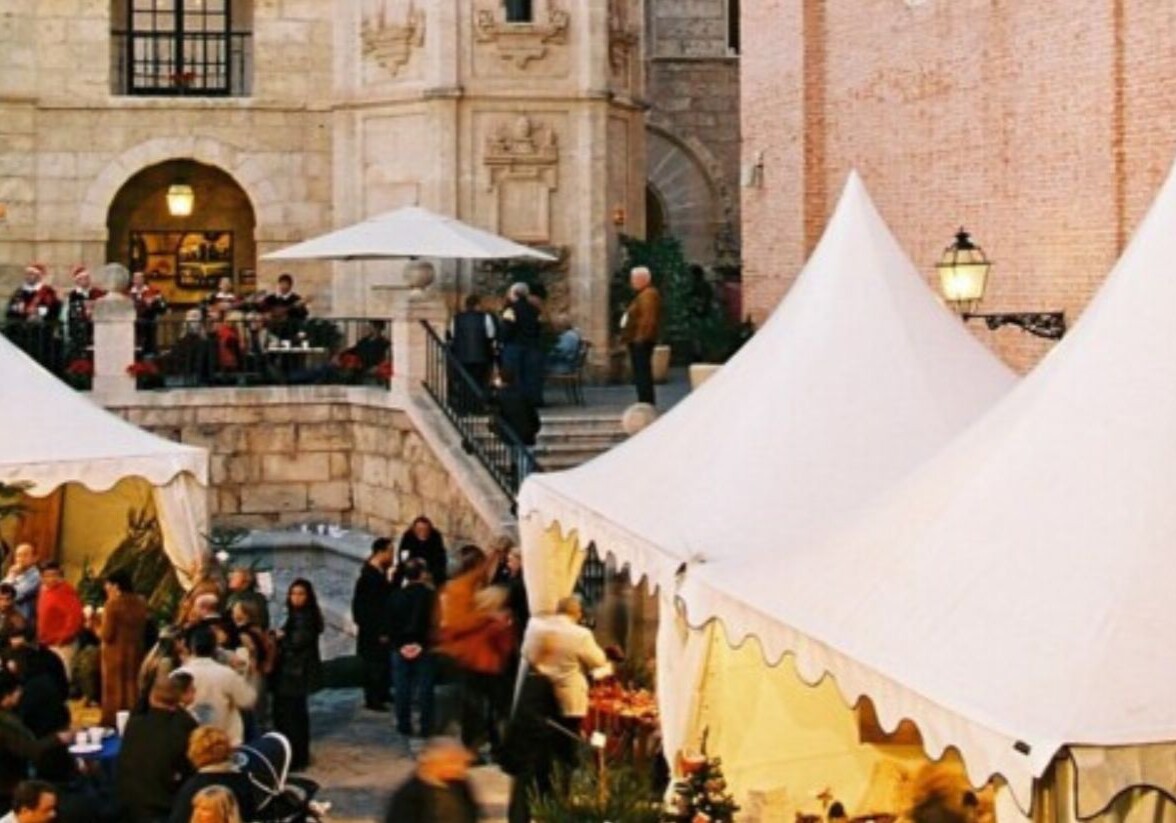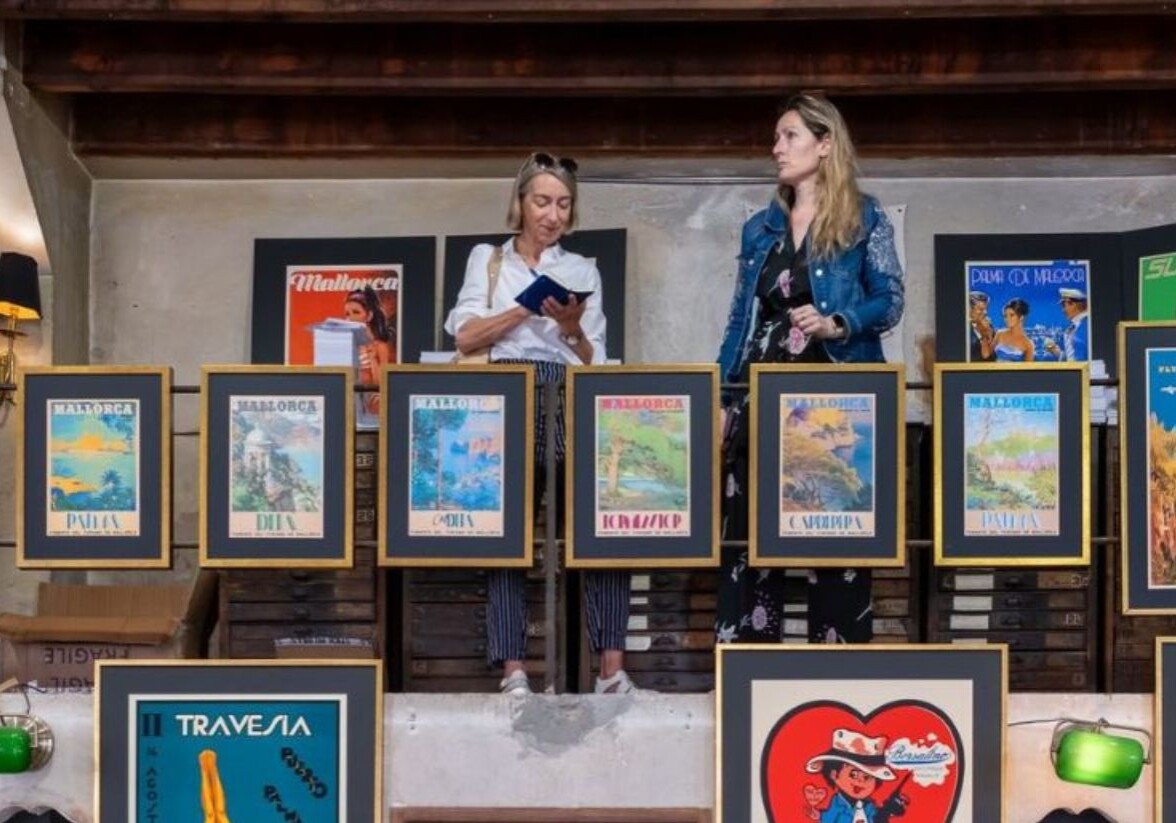Easter embodies a significant tradition and a delightful cultural festivity across Mallorca! The Holy Week is packed with activities and sights. In Mallorca, families unite to prepare the customary Easter treats: Rubiols, Empanadas, and Crespells. Hooded processions in cloaks parade through Palma nightly. Beyond the spiritual celebrations, La Fira del Ram emerges as a yearly amusement fair occurring in Palma around Easter, presenting an excellent chance to unwind and enjoy quality time with loved ones.

Easter in Mallorca transforms the island into a vibrant tapestry of traditions, combining solemn religious observances with joyful celebrations. As Holy Week unfolds, the air is filled with the essence of local customs and a festive spirit, offering a unique cultural immersion.
The festivities kick off with Palm Sunday, marking the commencement of Holy Week. Palma resonates with the blessings of palm and olive branches, a homage to Jesus Christ’s triumphant entry into Jerusalem. This day sees the Cathedral of Palma bustling with the Passion Mass, succeeded by a procession led by the Bishop, a visual spectacle steeped in devotion and history.
The heart of Easter in Mallorca lies in its processions, particularly from Semana Santa, a tradition dating back to the 16th century. These processions, led by members of religious brotherhoods donned in hoods and robes, paint a picture of penitence and reflection. The Procesión del Silencio and the Procession de la Sang stand out, enveloping the streets of Palma in a solemn yet profound atmosphere, as the stories of Christ’s passion are brought to life. The departure time for the processions is 7 p.m., and they walk through El Borne, Plaza Cort, El Catedral and the surrounding area of Palma

Beyond the religious fervor, Easter is a time of togetherness and gastronomic delight. The island buzzes with the preparation of traditional Easter pastries such as Rubiols, Empanadas, Crespells, and the savory panades and Cocarrois, each a testament to Mallorca’s rich culinary heritage. These dishes, crafted from recipes passed down through generations, become the centerpiece of family gatherings, symbolizing the joy of shared experiences and the warmth of community.
La Fira del Ram, an annual fair, adds a layer of exhilaration to the Easter celebrations. Amid the spiritual observances, this event offers a chance for locals and visitors to revel in amusement rides, games, and a convivial atmosphere, encapsulating the essence of Mallorcan hospitality and zest for life.
The Sunday following Easter, known as Angel Sunday, shifts the focus from solemnity to celebration. Families and friends meet, sharing meals in a communal spirit that underscores the significance of Easter in fostering bonds and creating memories.
Mallorca’s Easter is not just about the religious significance; it’s a cultural phenomenon that encapsulates the island’s heritage, culinary traditions, and community spirit. Whether it’s the solemnity of the processions, the joyous family gatherings, or the festive air of La Fira del Ram, Easter in Mallorca offers a multi-faceted experience that enriches the soul and delights the senses, making it an unparalleled time to experience the island’s true essence.
The island comes alive with festivities during Holy Week. Traditional rituals, and festive atmosphere make it an exciting time to visit. It’s a good opportunity to immerse oneself in the local culture and traditions.
